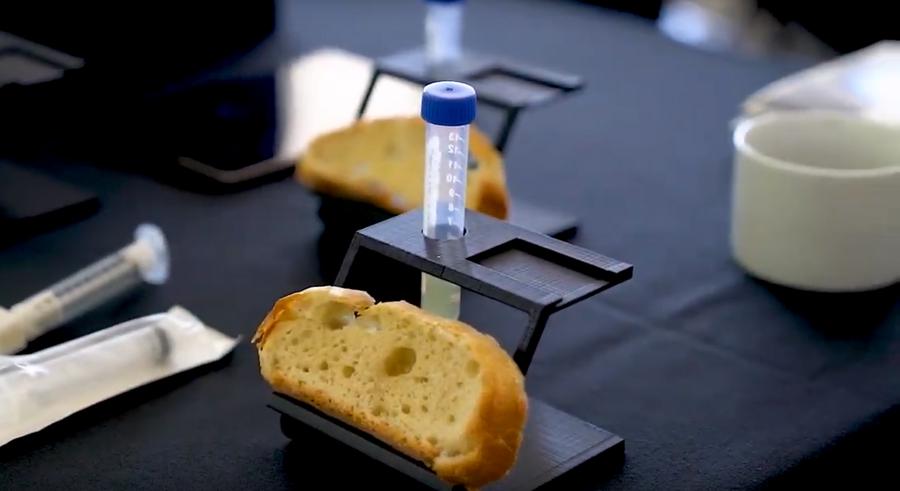ABOUT NEW HARVEST 2019
Curious what to expect at New Harvest 2019? Check out last year's conference video recap!
Interested in participating at New Harvest 2019?
REGISTER
All tickets for two full days.
SPEAKERS
EXHIBITORS
Our exhibitors will be demonstrating the latest in Cell Ag research and business.
SPONSORS
PARTNERS
AGENDA
Established in 2004, New Harvest is the non-profit research institute building the field of cellular agriculture.
Spatial alignment and orientation of cells in vivo play a crucial role in tissue functionality. In the laboratory, however, 2D petri dishes fail to recreate such tissue anisotropy. This makes the development of scaffolding biomaterials that promote cellular organization into patterns of interest highly desired. New Harvest Research Fellow Santiago Campuzano depicts the guided alignment of muscle cells on decellularized plant scaffolds. His results highlight the potential of a plant-derived scaffold for in vitro studies, where structural anisotropy is required to more closely resemble in vivo conditions.
Bioreactors are one of the four “building blocks” of cultured meat. Bioprocess design, therefore, forms an essential part of the scale-up process for cultured meat. New Harvest Research Fellow Scott Allan highlights key bioprocess design considerations and introduces his work on bioreactor design.
There are many technical challenges associated with growing vertebrate (e.g., cow, pig, chicken) tissue at large-scale and low-cost. Invertebrate cells have unique properties that may make them a superior cell source for biofabricated food. New Harvest Research Fellow Natalie R. Rubio explains why in vitro caterpillar steak might be more appealing than it sounds!
Cellular agriculture sits at the intersection of medicine andagriculture. Unfortunately, it has difficulty obtaining funding from either field. That’s where The Engine comes in. Launchedby MIT in 2016, The Engine supports disruptive technologiesrooted in scientific and engineering breakthroughs that typically don’t fit the traditional venture model. Dr. GeraldinePaulus empowers founders and leaders in the tough tech ecosystem by giving them access to venture capital, expertise, and community, as well as the specialized labs, equipment, tools, and space they need to thrive.
As plant-based meat and cellular agriculture products begin to scale, consumer education and product transparency will be critical for trial, repeat purchase, and ultimately regular consumption by U.S. households. Drawing on her experiences spearheading transparency initiatives at Hershey and developing the CPG industry’s SmartLabel program, Deb Arcoleo discusses the need for coordinated education and transparency for alternative proteins.
Culture Biosciences’ automated, high-throughput bioreactor service has already enabled companies like Geltor and Modern Meadow to rapidly develop scalable manufacturing processes. Will Patrick discusses the lessons he has learned from collaborating with several cellular agriculture companies over the last two years.
Cultured meat requires the optimization of hundreds of parameters in combination, not isolation. For industry growth,resources need to be used in a cost-efficient and timelymanner. The automation of R&D lets scientists test many protocol variations in a short period of time. Automation of data acquisition, processing, and interpretation leads to the creation of tools that speed up protocol iterations.
Dr. Nicholas Legendre closes the loop, using data science and machine learning to further interpret data and gain insight into how best to automate cultured meat production.
The question of how to scale is no trivial question. Scaling, after all, is how we actually feed people! A number of cultured meat companies are investigating various approaches for establishing bioprocesses that will allow for scaling up production while scaling down costs. How can bioreactors adapt to this varied landscape and catalyze this industry’ssuccess? Dr. Nina Buffi discusses which business models the cultured meat field can develop around in the future, as well aswhat role technology might play going forward.
A wave of companies are working to culture fish cells intoseafood products that support the sustainability and diversity of our oceans. Lou Cooperhouse provides an overview of cellular aquaculture and maps out the technical, marketing, regulatory, and operational strategies that will be crucial for this budding industry’s success.
Cutting-edge genomics and biotechnology have the power toimprove marine biology and fishery science. They also enrichthe lives of individuals and communities in “blue” economies(i.e. those involving fishing and maritime issues). TheGloucester Marine Genomics Institute is dedicated to bringing transformative science to marine issues. Dr. Timothy Sullivan discusses how GMGI is applying these tools and how otherscan support fish-based research and management.
Linking new technologies capable of measuring tissue at thecellular level with speed dataflow can give real-time data that allow efficiencies to exist where they have never existedbefore. New technologies such as impedance analysis have allowed Seafood Analytics to measure a number of muscle metrics including body composition, health, condition, and degradation of dying cells. Dr. Keith Cox explains how a user can view, analyze, and compare these metrics on Seafood Analytics’ dashboard.
In the last year, cell-based meat has been the subject of a flurry of legislative and regulatory activity at the federal and state levels. How will the FDA and USDA work together to regulate this burgeoning sector, from cell collection and food production to inspections and labeling?
Industry leaders unpack the evolving regulatory conversation around cell-based meat, sharing insight from their own experiences trying to commercialize a product that doesn’t fit neatly into existing regulatory frameworks.
Since the term "cellular agriculture” was coined in 2015, the landscape of companies, nonprofits, and funders has expanded rapidly around the world. Who are the players, where are they, and what are they working on?
Industry leaders give an overview of what is happening in their respectiveregions and reflect on region- specific opportunities for localcellular agriculturalists.
Cellular agriculture is anemerging field that bringstogether multiple disciplines
and skills. How does one pursue a career in an industry that is both so young and interdisciplinary?
Industry leaders share personal stories, practical advice, and unique opportunities that illuminate multiple paths forward for budding cellular agriculture scientists and entrepreneurs.
Cellular agriculture advocates often speak of the need to build trust with the public in order to ensure the success of the sector. This approach, however, is generally grounded in a deficit model of science communication which assumes a one-way flow of information and attributes public skepticism to a simple lack of public understanding. Rather than taking a deficit-based perspective, proponents of cellular agriculture would be wise to examine–and take seriously–the cultural commitments at the root of public concern.
It has now been twenty years since scientists began working inthe lab to make cultured meat. How has the field changed overthe last two decades? Dr. Neil Stephens has been tracking the cultured meat community since 2008 and offers insight into how cultured meat came to be the technology it is today.
Come join us for Happy Hour at Cambridge Brewing Company! 1 Kendall Square, Cambridge, MA 02139
MIT MEDIA LAB

75 Amherst St.
Cambridge
MA, 02139, USA
EVENT FAQ RE:CELL AG
Whether you’re new to our conference or a veteran—you might have some questions that we can answer.
What is New Harvest?
Established in 2004, New Harvest is the non-profit research institute building the field of cellular agriculture.
I’d like to volunteer at NH 2019. How do I sign up?
You may apply to be a volunteer here!
I would like to exhibit at NH 2019. How can I apply?
Please contact stephanie@new-harvest.org with more information about your organization or research project.
I would like to speak at NH 2019. Who should I contact?
If you’d like to speak at NH 2019, you can reach out to ariana@new-harvest.org with a short description of your session idea and speaker biography.
I would like to sponsor NH 2019. Who should I contact?
If you'd like to learn about sponsorship opportunities, please reach out to John Pattison at john@new-harvest.org for more info. Thank you!Answer
Do you have discounted rates available?
If you are a student, biohacker, or military veteran, you could be eligible for a discounted registration. Please click here to apply.
What if I purchased a registration but cannot make the conference?
You are welcome to either transfer the registration to another person, or transfer your registration to a future year’s event by contacting michela@new-harvest.org. Unfortunately, we are not able to provide refunds.
What if I have dietary restrictions?
New Harvest conference offers a fully vegan menu with some gluten free options for lunch. If you have additional special requests, please contact us in advance and we will do our best to accommodate you.
Do you have a conference hotel?
We do not offer a specific conference hotel, but recommend the following options: NH 2019 Accommodations
How can I donate to New Harvest?
Thank you for your interest in donating! More info here.
ABOUT NEW HARVEST
Established in 2004, New Harvest is the non-profit research institute building the field of cellular agriculture.
We strategically fund and conduct open, public, collaborative research that reinvents the way we make animal products - without animals.
New Harvest is a registered 501(c)(3) public charity in the United States.







